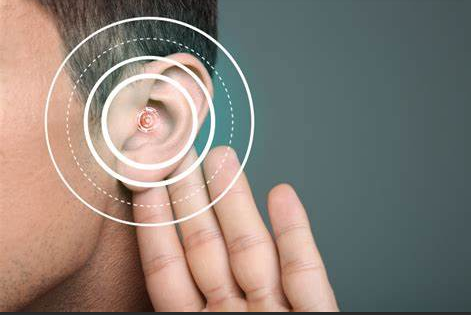Introduction
Severe hearing loss is a significant impairment of one’s ability to hear, resulting in a substantial reduction in hearing ability. It can be caused by various factors such as age-related changes, exposure to loud noises, genetics, infections, medications, and traumatic injuries. This condition presents challenges in communication, social interactions, emotional well-being, and cognitive function. The complications associated with severe hearing loss can vary, impacting an individual’s quality of life and requiring appropriate support and treatment.
Recognizing the causes and potential consequences of severe hearing loss is vital for early intervention and accessible solutions for those affected.
Here are the Hearing Loss causes & complications
Severe hearing loss can occur due to various factors and conditions. Here are some possible causes of severe hearing loss:
Age-related hearing loss (presbycusis): As people age, the sensory cells in the inner ear may gradually deteriorate, leading to a loss of hearing.
Noise-induced hearing loss: Prolonged exposure to loud noises, such as machinery, firearms, or music at high volumes, can damage the hair cells in the inner ear, resulting in severe hearing loss.
Genetics: Some individuals may have a genetic predisposition to hearing loss, which can manifest as severe hearing impairment.
Infections and diseases: Certain infections, such as meningitis, mumps, or otitis media (middle ear infection), can damage the structures involved in hearing and cause severe hearing loss. Additionally, diseases like Meniere’s disease and otosclerosis can lead to significant hearing impairment.
Medications: Some medications, particularly certain antibiotics and chemotherapy drugs, have the potential to cause damage to the auditory system and result in severe hearing loss.
Trauma: Head injuries or trauma to the ear can cause severe damage to the auditory structures and lead to hearing loss.
Complications associated with severe hearing loss may include:
Communication difficulties: Severe hearing loss can make it challenging to understand spoken language, communicate effectively, and engage in conversations with others. This can result in social isolation, reduced quality of life, and difficulties in educational or professional settings.
Emotional and psychological impact: Hearing loss can lead to feelings of frustration, anxiety, depression, and decreased self-esteem. It may also affect personal relationships and social interactions.
Cognitive decline: Some research suggests a link between hearing loss and cognitive decline, including an increased risk of developing conditions like dementia or Alzheimer’s disease. However, more studies are needed to fully understand this relationship.
Safety concerns: Severe hearing loss can pose safety risks, as individuals may have difficulty perceiving warning sounds, alarms, or approaching vehicles.
Conclusion:
It’s important to note that the specific complications and impact of severe hearing loss can vary from person to person, depending on the underlying cause, individual circumstances, and available support and treatment options. If you or someone you know is experiencing severe hearing loss, it is advisable to consult with a healthcare professional or an audiologist for a thorough evaluation and appropriate management.




